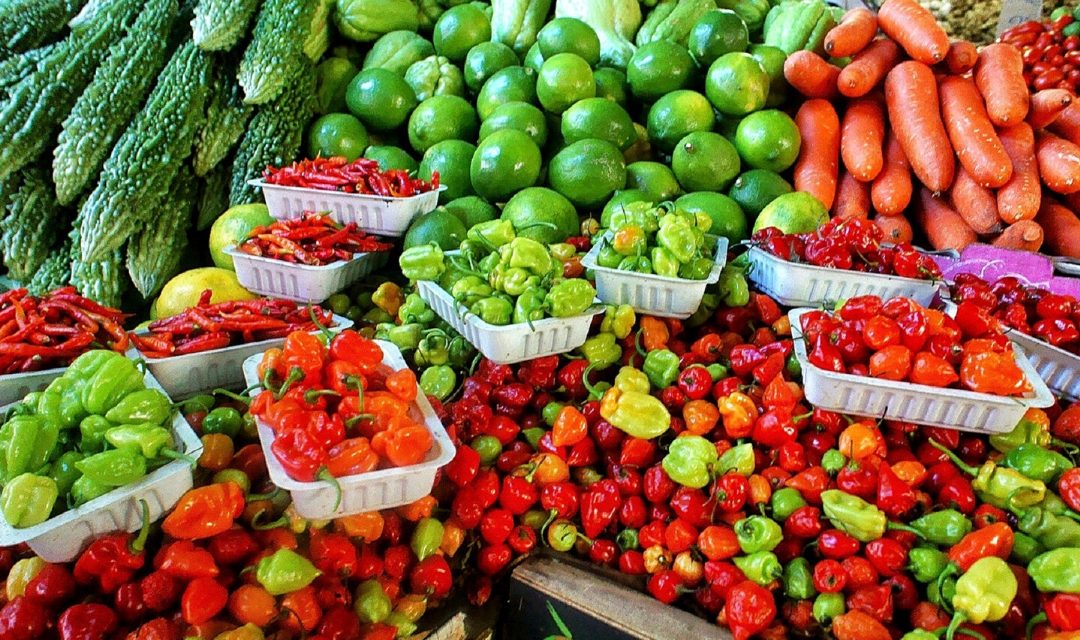Whether you want to incorporate more clean skin products into your life or just to live out your cottagecore fantasy, these homemade soap businesses from all around Virginia are here to add to your collection. And the best part: the soap comes from goats. While...



